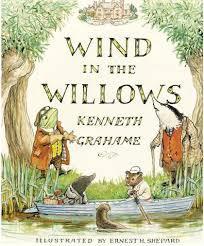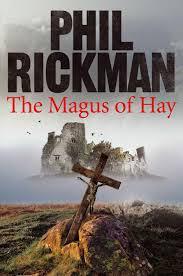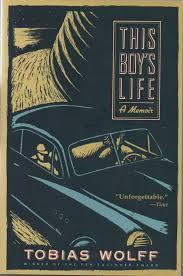 A couple of weeks ago audible suckered me in with a big sale, and I found myself purchasing The Wind in the Willows for a bargain price. I had never read this book as either a child or a mother, although I must have seen countless bits of adaptations on the television. It did have undeniable charm, with Ratty, Moley, Badger and Toad all as I had gathered they would be from osmosis of the general culture. The rather delightful mash-up of fantasy and reality gave me that frivolous feeling, and I couldn’t help but ponder foolish questions, like, who was manufacturing and supplying small armaments to water rats, and how could Mr Toad brush his hair? But I did realize that was beside the point. If you want to read a rational book, you don’t pick one that features talking animals.
A couple of weeks ago audible suckered me in with a big sale, and I found myself purchasing The Wind in the Willows for a bargain price. I had never read this book as either a child or a mother, although I must have seen countless bits of adaptations on the television. It did have undeniable charm, with Ratty, Moley, Badger and Toad all as I had gathered they would be from osmosis of the general culture. The rather delightful mash-up of fantasy and reality gave me that frivolous feeling, and I couldn’t help but ponder foolish questions, like, who was manufacturing and supplying small armaments to water rats, and how could Mr Toad brush his hair? But I did realize that was beside the point. If you want to read a rational book, you don’t pick one that features talking animals.
After a while, I realised that Wind in the Willows is essentially made up of two different books, which is why it made no great name for itself until A. A. Milne filleted out the plotline concerning the exploits of Toad and turned it into a successful play. The other side of the story is harder to summarize, but it essentially concerns Rat and Mole as they experience certain iconic emotional states – the experience of friendship, for instance, and the pull of home, as well as the lure of wanderlust. Because I was listening to this book at night when I’d gone to bed, it was inevitable that I should drift at certain points, and so it was with some sense of disorientation that I came to in the middle of the chapter entitled ‘The Piper at the Gates of Dawn’.
In this episode, Ratty and Mole have been searching all night for the otter’s lost son, Portly. They take to the river in their boat, and finally, in the mystical light of dawn, come upon young Portly, curled up asleep at the feet of the great Pan. The narration goes completely bonkers at this point, evoking what I eventually understood was a state of divine awe. And it occurred to me to wonder whether awe of this nature, the experience of the sublime, is ever present in contemporary children’s books? Awe seems so much more secular these days, if it exists at all. I couldn’t help but feel that if Portly had been discovered thus in a more up to date book, Pan would have found himself under a paedophilia charge.

I’d picked the book up originally because the main story was set in Hay-on-Wye where a couple are opening a secondhand bookshop which turns out to have a disturbing atmosphere. Meanwhile, not far away, an elderly man is found drowned in the pool of a waterfall. The young police detective who finds him admits to the investigating officer that as a kid, they all used to call him a wizard and dare each other to run up to his house. It’s a long and quite complicated story that eventually draws these events together and I enjoyed it, though I’m not sure I’d rush to get another in the series, mostly because Merrily didn’t win my heart. But it was well done, and I did appreciate the treatment of the supernatural.
I don’t think I’ve ever told you about my Uncle Graham, have I? Well, I do love my crime fiction, but Uncle Gray is a good excuse to read a steady stream of it. He is a retired widower and a voracious reader; he’s also a man of economical ways, which see him, in winter, in bed reading every evening and night with his scarf and hat and gloves on. This tickles me, probably because I aspire to much the same sort of retirement myself, only with central heating. Well, once Uncle Gray had worked his way through my dad’s not inconsiderable library of crime fiction, my parents asked me if I had any books I could lend him. Did I have books! So now I keep the crime I read to one side, supplemented by the review copies I’m sent, and goodness knows what Uncle Gray makes of some of them (The Magus of Hay will be a good case in point), but he’s never been known to complain.

